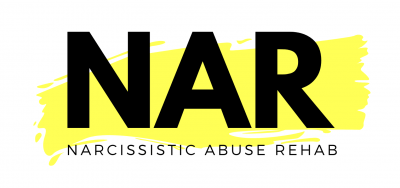Counter-parenting is a coercive control tactic that’s a common aspect of post-separation abuse in narcissistic family dynamics.
Narcissistic Abuse
Narcissistic abuse is a destructive pattern of manipulation pattern that can encompass psycho-emotional abuse, financial abuse, physical violence, and sexual abuse. It is synonymous with coercive control, the context in which domestic violence and intimate partner violence (IPV) occurs.
Attorney Derek Jacques, Esq. shares expert tips for parents navigating divorce and child custody cases with narcissistic co-parents.
Triangulation is a manipulation tactic commonly used by to assert power and control in the context of the narcissistic abuse cycle.
Discover the most common isolation strategies used by narcissistic people to assert power and control in their relationships.
Discover how to spot the signs that you are in an affair with a narcissist. Learn to safely plan your exit and make a recovery plan.
Learn about the link between narcissistic abuse and anxiety. Discover effective recovery strategies and sources of support.
Discover what narcissistic abuse is and how it affects individuals. Learn about the signs, effects, and ways to cope.
Expert insight from divorce attorney and family law specialist Russell Knight on how to tell if a narcissist is cheating on you.
Narcissistic Abuse Rehab is happy to reveal our selection as one of The Top 10 Narcissistic Abuse and Narcissism Blogs of 2023.
Dr. Michael Stokes shares 4 Signs of Dysfunctional Narcissism for people seeking to avoid getting entangled in relationships with narcissists.










